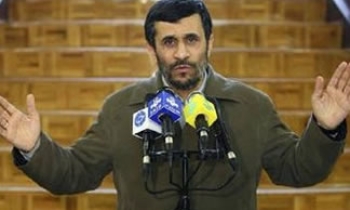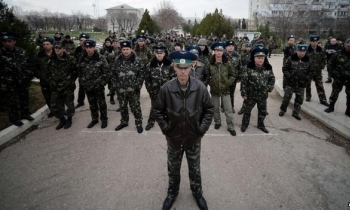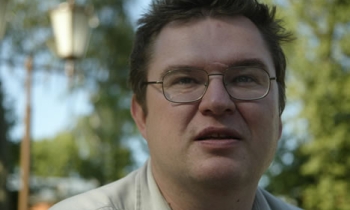As Indians, we should feel proud of our vast, varied and vibrant media. This is a national asset and a pillar of strength for our democracy which has been made richer by the plurality of our free press. In a diverse nation of a billion people, there are bound to be differences in taste and opinion. Differences in attitude and ideology. Differences in linguistic and political preferences. The plurality of our society is reflected in the diversity of our media.
As my friend Amartya Sen has written in his new book, The Argumentative Indian, scepticism and pluralism are two important defining elements of our national culture.
The media must be imbued by both these characteristics. Scepticism is healthy as long as it does not breed cynicism but contributes to informed debate. Pluralism is intrinsically valuable because it breeds creativity by creating space for a contest of ideas.
I am aware that your publication takes a definite political view.
That is the role of any publication associated with a political party or movement. Our democracy enables each one of us to hold an opinion and purvey it. Voltaire had said, "I may disagree with what you have to say, but I shall defend, to the death, your right to say it." This is the essence of a liberal democracy. No other political system gives us this liberty. We must recognise this intrinsic value of democracy and preserve it with care. It is a tribute to our democracy that a partisan publication is in fact given the freedom to be partisan!
Although I do regard myself as a liberal in terms of social philosophy, I do recognise that Marxism captures some very important aspects of progress of a nation. Firstly, the great importance it attaches to sustained and rapid accumulation of capital which is absolutely essential for tackling the problem of mass poverty in the framework of a rapidly expanding economy. Secondly, its recognition of the role of technological and scientific progress in the growth of productive forces and the social and economic development of a nation. Thirdly, the commitment to social justice, particularly to ensuring that the fruits of growth are shared equitably and that the burden of socio-economic change is not placed disproportionately on the shoulders of those who do not have the necessary ability to bear it. These insights of Marxism must guide any development policy design.
I have always believed in the importance of a free press. It is the ultimate check against the tyranny of authority. More importantly, it is a mirror that enables people in authority to get a continuous reality check. This remains an important role for the media, despite the increasing pressures of commercialisation. The fact that democratic India could avoid famines, Amartya Sen has suggested, was almost entirely due to the role of the media in sensitising authorities to the urgency of providing relief. We have seen how the media continues to play this constructive and socially responsible role here in Andhra Pradesh, when it alerted the government to agricultural distress. Last year, when the tsunami struck our coastal regions, I had said that our free and energetic media is, in fact, our best early warning system.
I do sincerely believe that there is no grievance, howsoever extreme and desperate, that cannot be redressed through democratic means. I was recently heartened to hear the radical balladeer Gaddar say on a national television channel that the killing of innocent people does not help win a cause. This is an important liberal principle. Our democracy allows us the freedom to espouse our cause and win people over to our point of view.
I do believe that the years ahead will be an exciting time to be in India, as we undertake the task of realising the many commitments that we as a people have made to ourselves from the time of Independence of our country. We have yet to fully realise our vast latent developmental potential. I now feel confident in asserting that we have never before been better poised to take advantage of our potential as a people.
At this historical juncture, when we seek to create a modern, progressive, inclusive and dynamic society, built on a rapidly growing economy, I venture to think that it is a good time to be in your profession. The media has a crucial role in tracking this process–and I dare say, guiding it as well, through your reportage and your criticisms.
While politicians do not necessarily relish criticism and since we cannot do without the reportage, we look forward to the continued interaction between government and media that characterises a healthy democratic society.
I hope your newspaper will strengthen the processes of our democracy and empower our citizens so that they can take more informed decisions in life. But, the information and opinion you purvey should be credible, balanced and well-researched. I also urge you to invest in your professional staff. Indian journalism must aspire to compete with the best in the world. Its professional standards must be benchmarked against the best in the world. I hope you will aim high. I wish you well in your endeavours.
(Excerpts from Prime Minister Manmohan Singh's speech on the silver jubilee of the Telugu daily Prajashakti, on August 21, 2005)









